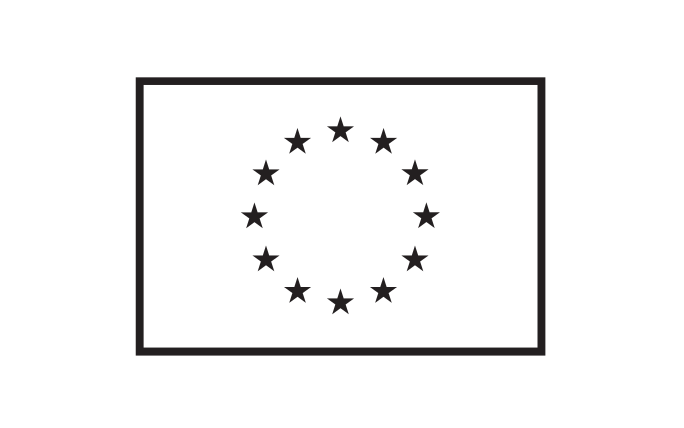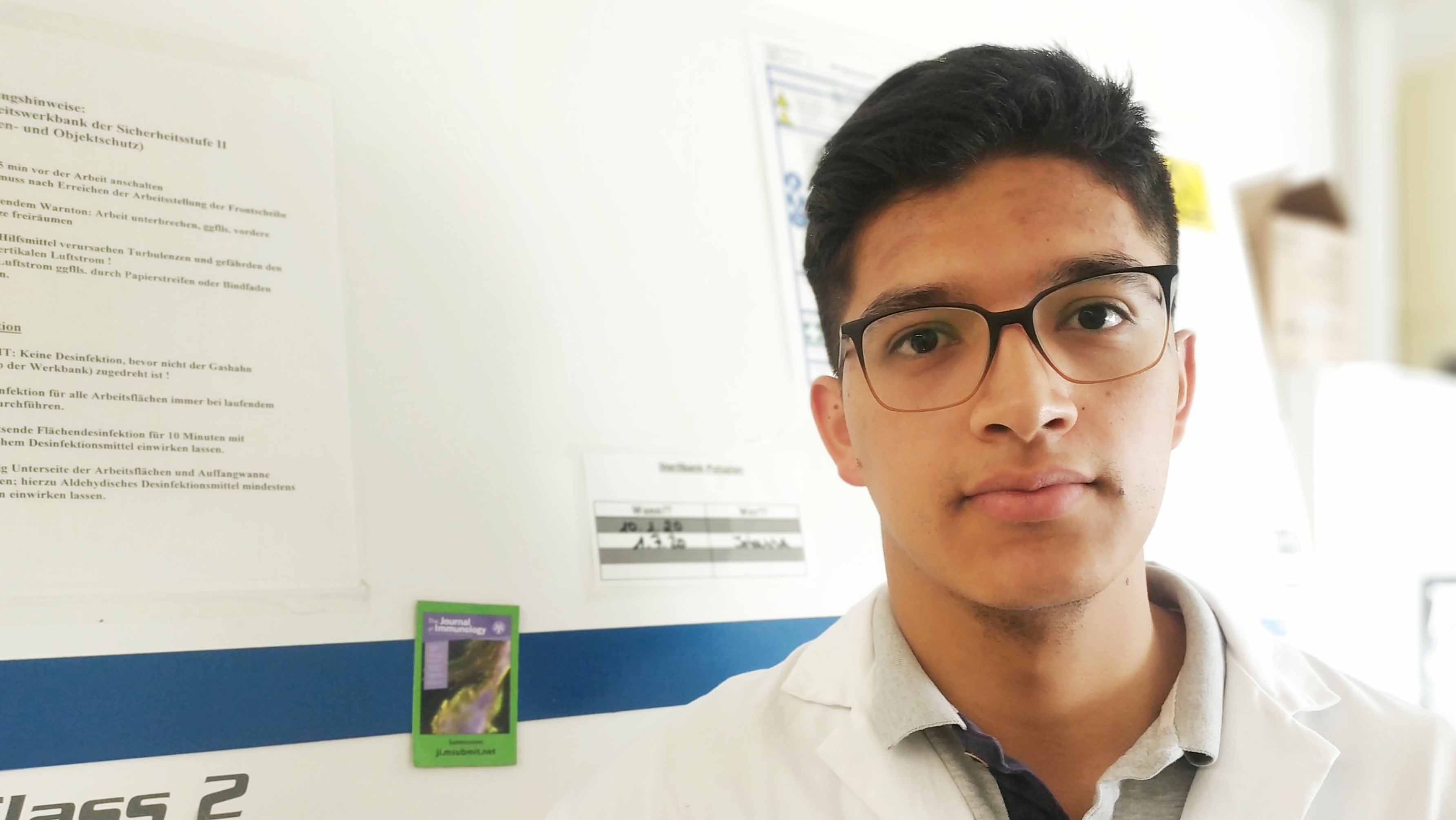Mycobacterium tuberculosis (Mtb) is the causative agent of human tuberculosis (TB) and in 2018 approximately 1.3 million people died of this disease. It is roughly estimated that one fourth of the world’s population is latently infected with Mtb, which is controlled by a balanced immune response of the host.
However, the risk of developing TB is associated with a lot of variables, the most important of which are host-pathogen interactions and the genetic background of both, the host and the pathogen. One molecule involved in the interaction with mycobacteria is the mannose binding lectin-2 (MBL-2), which recognizes microbial surface carbohydrates (mannose and N-acetylglucosamine-terminated glycoproteins). MBL-2 acts as an opsonin, enhances both complement and -independent phagocytosis, as well as, promotes inflammation. In humans, several MBL-2 gene polymorphisms could result in a great variation of circulating MBL-2 levels. In this respect, my lab demonstrated that strains of the ancient Mtbc lineage Mycobacerium africanum bind MBL to a higher extend than strains of modern lineages e.g. Euroamerican and that a specific human MBL2 variant confers protection against TB caused by M. africanum. By exploiting MBL-null mice, host-pathogen interactions that are influenced by this receptor can be investigated in a controlled setting. Therefore, the aim of my project is the detailed characterization of the MBL mediated modulation of host-pathogen interaction during Mtb infection.
To achieve this goal, first, the binding of MBL to the cell wall of strains of different ancient and modern mycobacterial lineages will be determined in vitro. The interaction of different mycobacterial complex proteins with MBL and other complement activating molecules will be evaluated and eventually, the impact of MBL on susceptibility to TB will be investigated in vivo by infecting MBL1/2-deficient (-/-) mice infected with well characterized strains of ancient and modern mycobacterial lineages. The course of infection will be compared with wild-type mice by analyzing the bacterial burden in different organs, histopathology, immunophenotyping, and transcription profiling.






